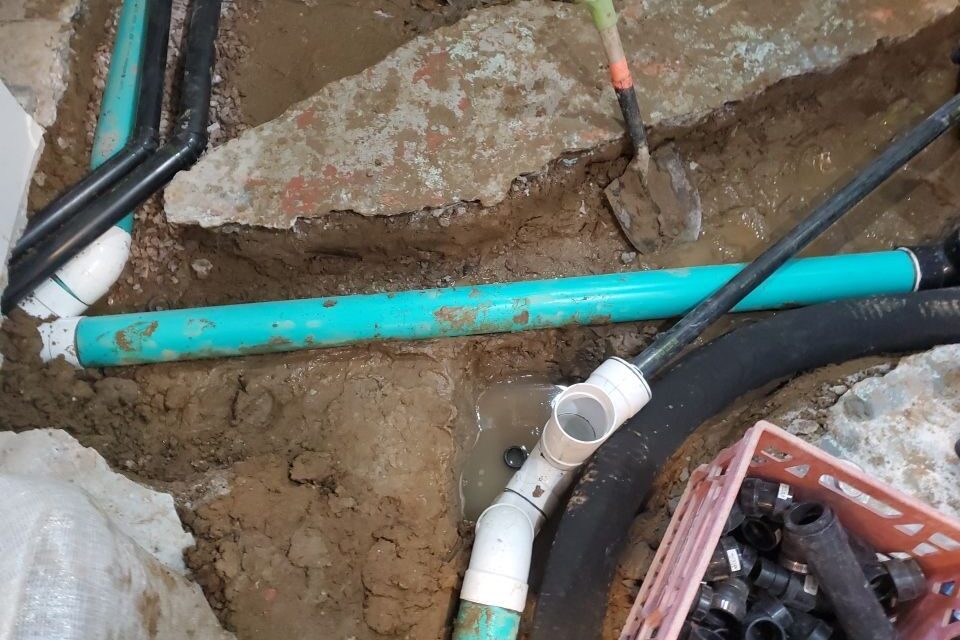A sewer smell in your house is most likely caused by a buildup of sewer gas in either the venting system or plumbing in your home. This noxious mix of chemicals is not only an unpleasant scent, but in some cases, can also be a severe problem. The plumbing experts at WaterGuard Plumbing have created this guide to explore is sewer gas dangerous, symptoms of sewer gas exposure, how to prevent sewer smell, and more helpful info so you’ll know what to do if you ever have sewer smell in your house.
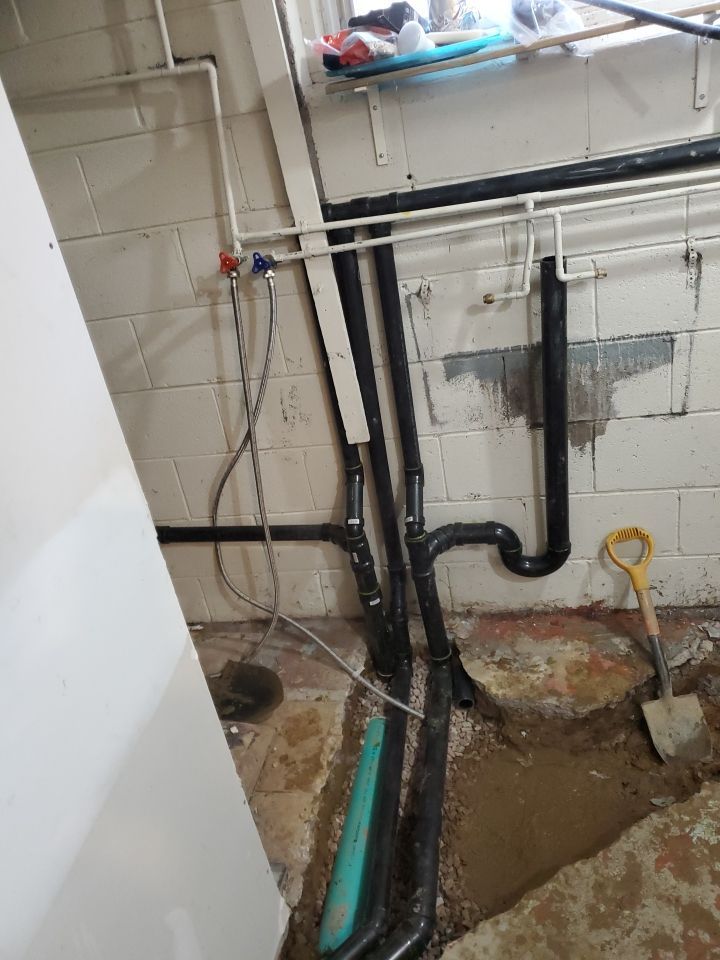
Is Sewer Gas Smell Dangerous?
Sewer gas smell in a house can be quite dangerous depending on your exposure levels. The primary components of sewer gas are made up of various compounds, those of which include carbon dioxide, methane, ammonia, and hydrogen sulfide.
Exposure to small dosages of carbon dioxide and methane are not toxic however, hydrogen sulfide does pose a threat. Intaking high amounts of this chemical can cause adverse symptoms, organ damage, or possibly death. Moreover, low levels of exposure to ammonia can cause mild symptoms such as nose, eye, and throat irritation, but ammonia becomes increasingly dangerous and is toxic with high concentration. Ammonia as well as methane gas are also flammable so high levels of sewer gas is considered a fire hazard.
What Causes Sewer Gas Smell In Your House?
There are a handful of possible causes for why you may be experiencing sewage smell in house. The list of plumbing failures that may lead to sewer gas smell include:
- Leaks: A main reason why your plumbing system may be leaking is due to improperly placed pipes or vents. If plumbing vents are installed too close to an air intake or a window, sewer gas can also leak into your house. In some cases, cracks in the foundation can also lead to leaks entering your home.
- Water Traps: Block gas from returning to the house by trapping water inside. Water traps can be found underneath sinks, near floor drains and laundry tubs. Traps dry out when the air in the house is very dry, infrequent usage, or there is a leak someplace before the trap. If the trap is dried out, the sewer gas has a clear path into the house and a sewer smell in basement can be present.
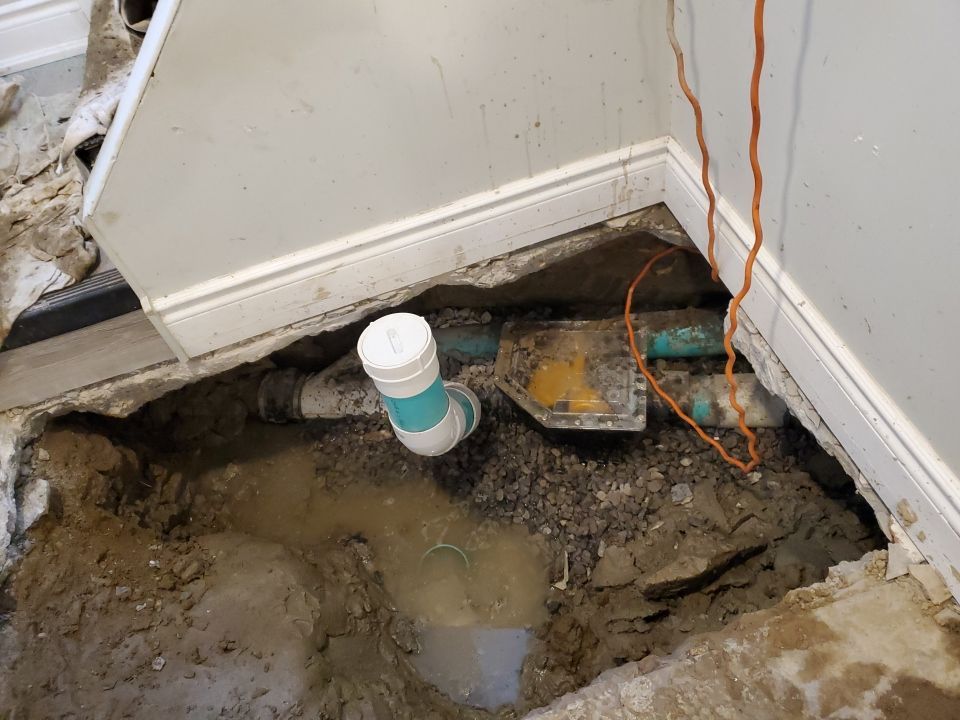
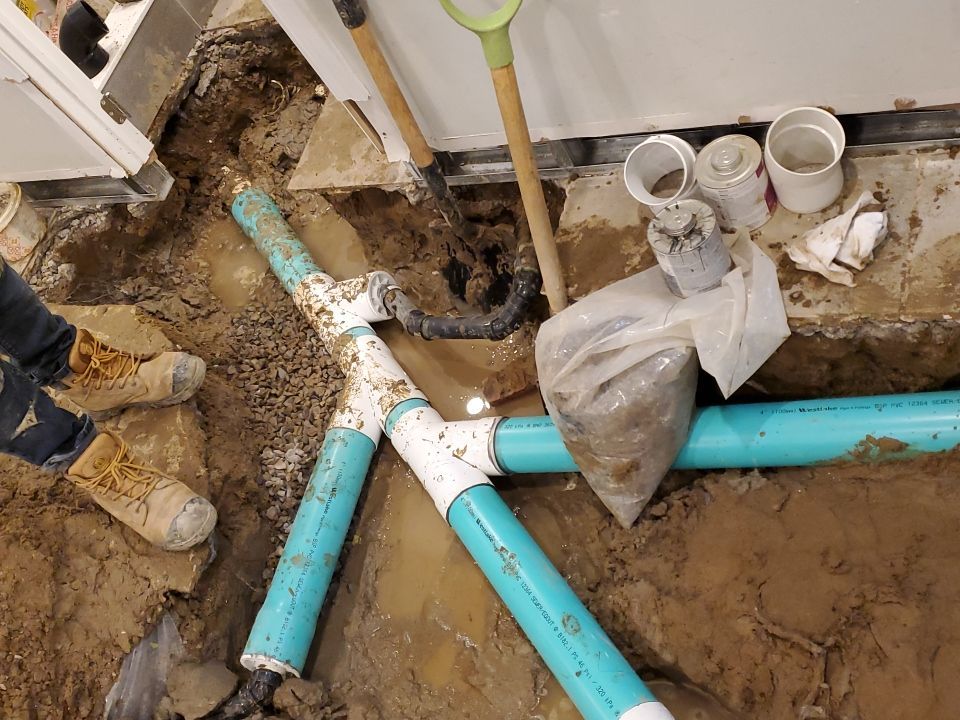
- Cracked Pipes: One of the ways the inside of your home protects itself from human waste exposure is via reinforced sewer system pipes. Therefore, if these same sewer system pipes are cracked, broken, or degraded, sewer gas can leak through them and enter your home.
- Clogged Drains: Sewage backup can occur if your drains get clogged because drains transport toxic waste out through the plumbing system. The clog can continue to decompose and leak sewer gas back into your home if this backup isn’t treated.
- Blocked Air Vents: If your air vents are blocked with debris, dirt, or other items, they may not be able to provide proper ventilation. As a result, sewer gas can build up in the pipes and leak into your home.
- Dry Plumbing: The movement of water through sewer systems helps provide a barrier against potentially harmful gases. When toilets, drains and other plumbing systems aren’t used, they can dry out, causing sewer gas to leak into the house.
- Loose Toilets: An important part of the house’s sewer system is toilets. Toilets should always be tightly fitted to the sewer lines to protect your home from pipes leaking gas.
How to Prevent Sewer Smell?
Now that we know what causes sewer gas smell and the dangers of it, let’s see how you can prevent this from happening. There are certain factors that are difficult to avoid such as the wear and tear over time taking its toll on your plumbing systems or invasive roots growing into sewer lines.
Fortunately, there are preventative measures you can take to hinder sewer gases from entering your home. These include:
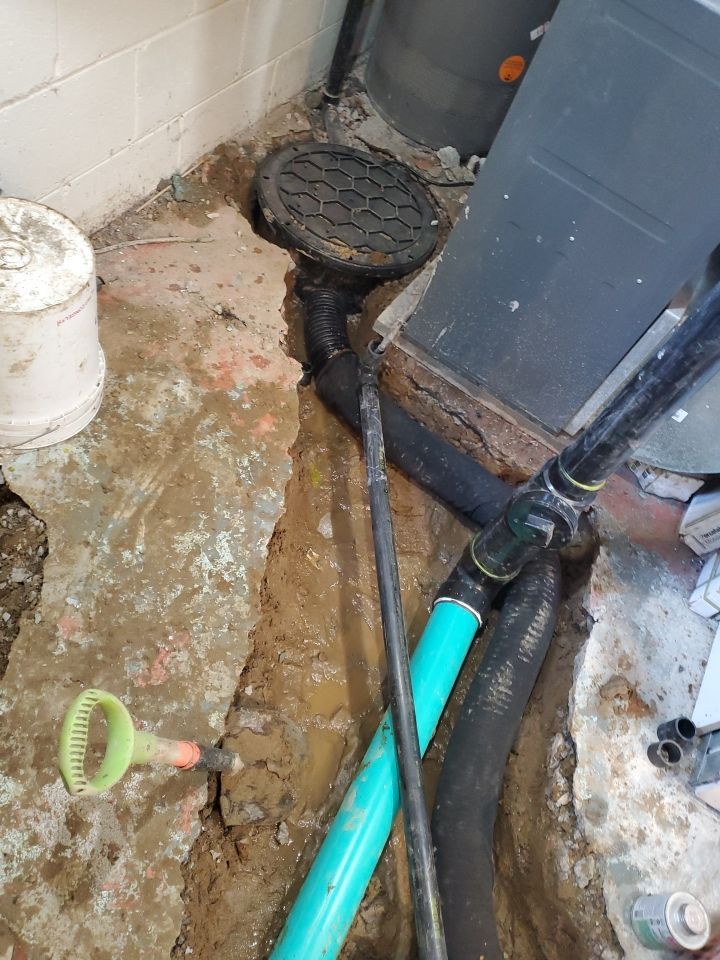
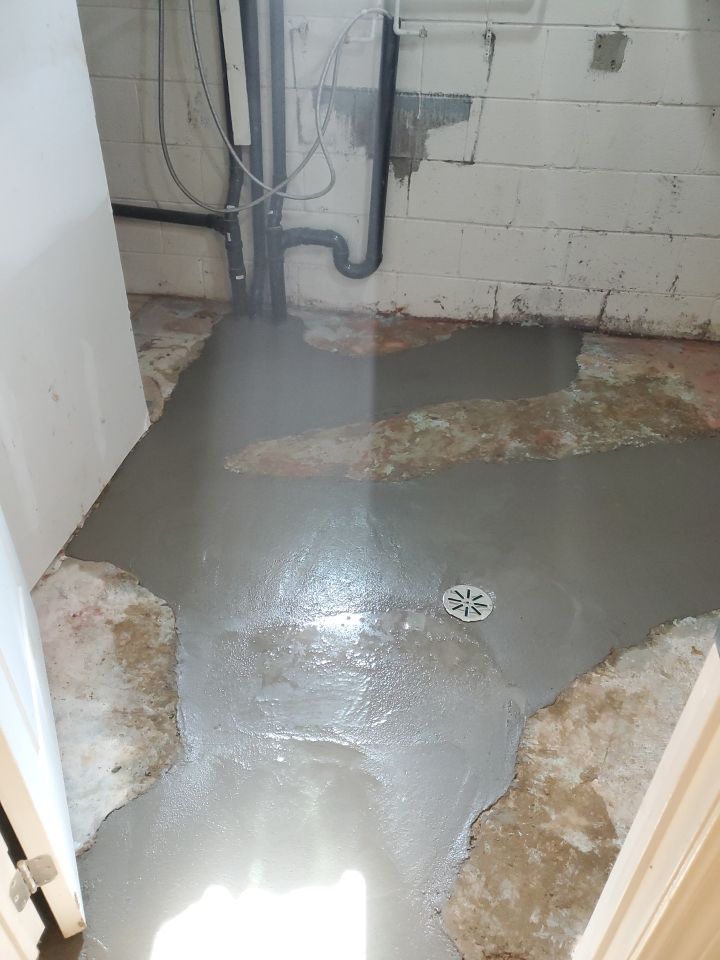
What Are the Symptoms of Sewer Gas Exposure?
If there is a sewer smell in your house, the first sign you may notice is a stench of rotten eggs. Exposure to low-medium concentrations of sewer gas may result in various symptoms such as headaches, fatigue, nausea, dizziness, and/or poor memory.
High levels of sewer gas exposure can present symptoms including mouth, throat, eye, and lung irritation, loss of smell, seizures, coma, and even death.
What to Do Next
If you or anyone in your house is experiencing any symptoms of sewer gas smell exposure, please seek medical attention immediately for further examination. If at any point a sewage smell is present, thoroughly air out your home of the odor and make your way outside to receive fresh air.
Contact us at WaterGuard Plumbing for our licensed plumbers to come in to inspect your home so we can locate the problem and provide the next steps you should take.

